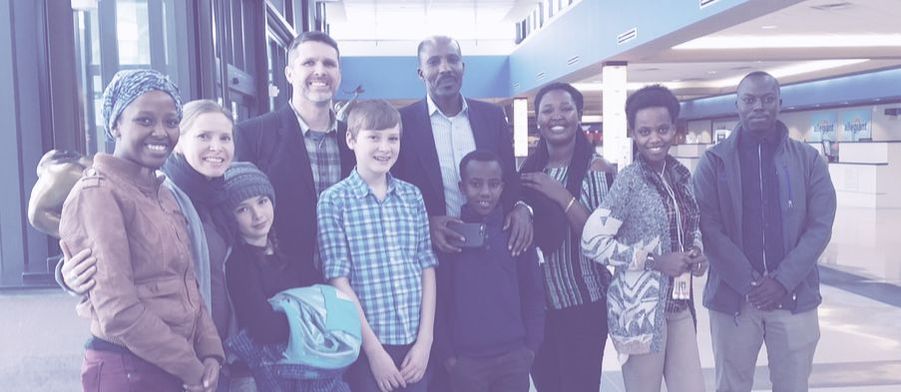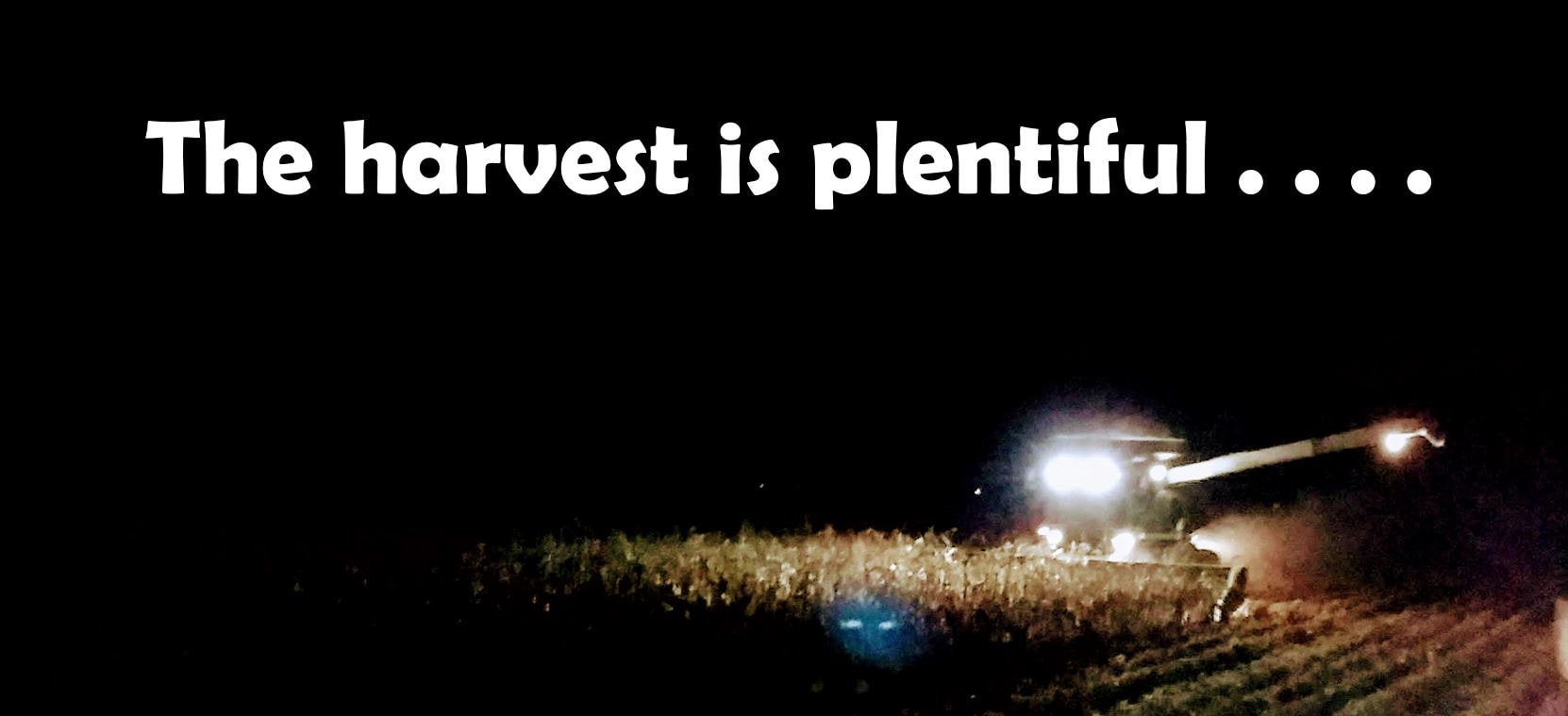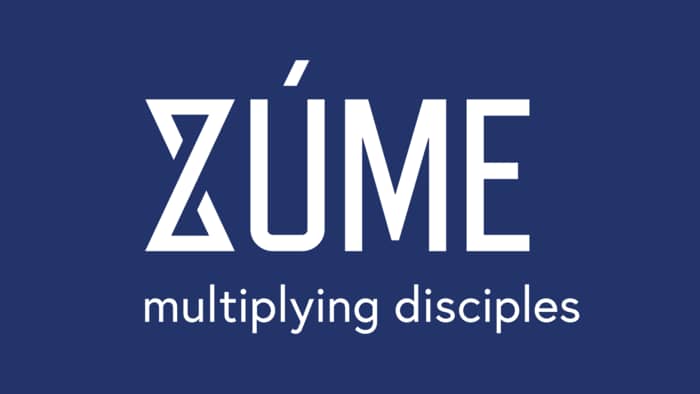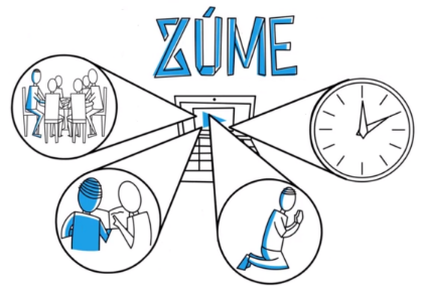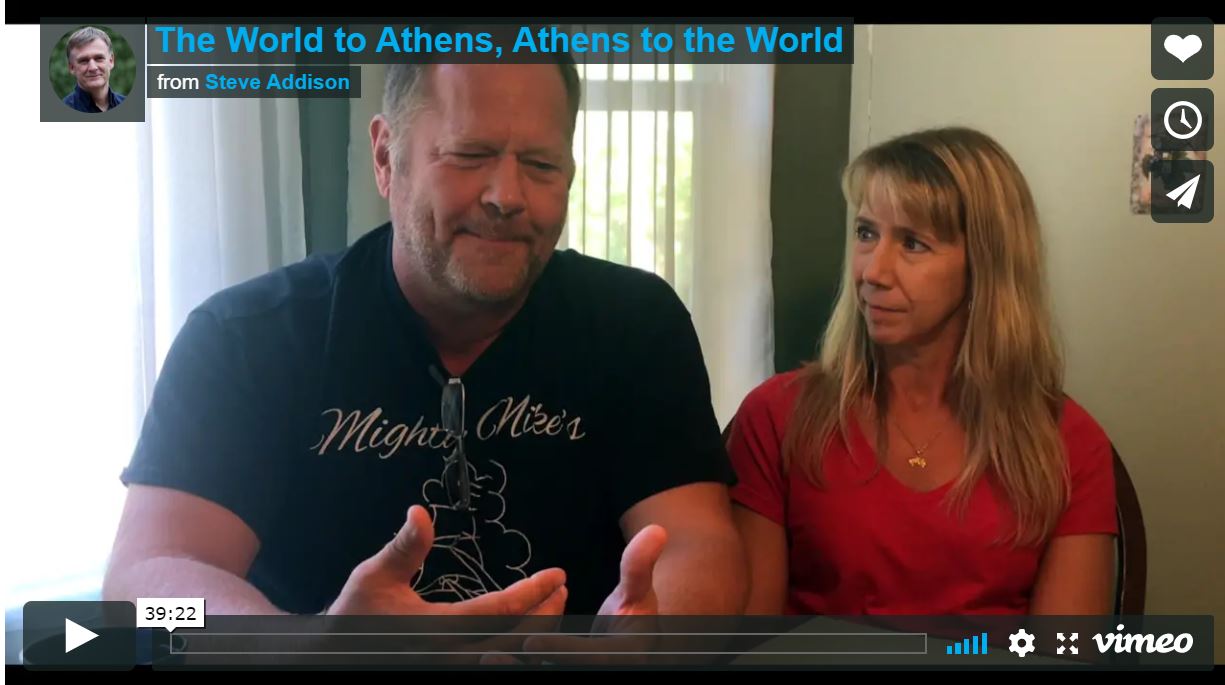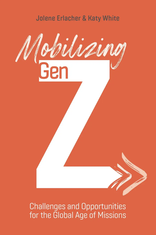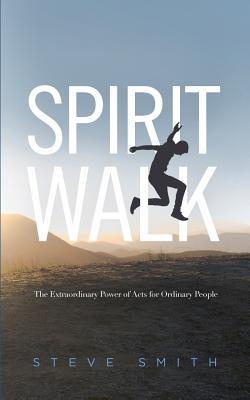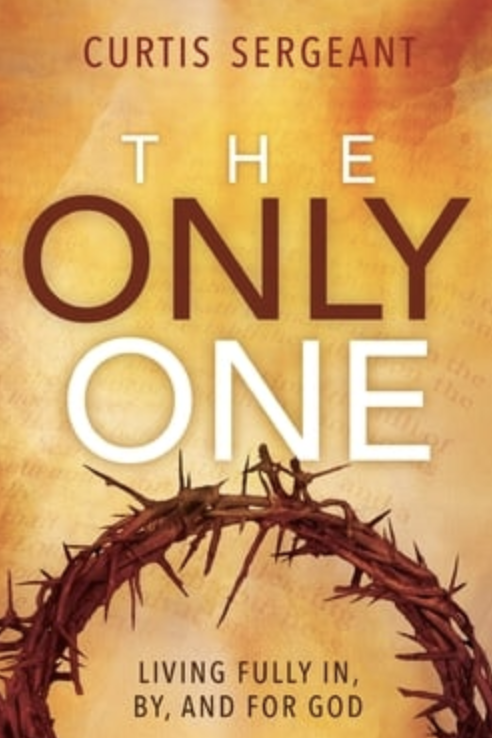|
Power.
Power does funny things to relationships. It changes the dynamics of how relationships form and grow and become. When I met my first friend in kindergarten, we met and built our relationships on even ground. We both couldn't read or write, we both struggled with things like tying our shoes and sitting still in class, we both came from similar backgrounds and approached life with the similar challenges and opportunities. Furthermore, we both spoke English, the language of our neighborhood, region and country. As I grew older I began to realize that the forming of relationships takes work. It takes time and it often takes patience. Sometimes relationships come easily. Other times it takes more time and more energy, and sometimes I realized, our differences in life experiences create relational dynamics that make it more difficult to build authentic relationships. Cultural differences create relational challenges that are often difficult to overcome. There are many types of differences; some obvious, some less obvious. but all are impactful on the relationships we form. While we can all work to overcome these differences, there are some differences that create power dynamics which inhibit the normal formation of relationships. Let me give you an example. I was at a conference in a North American city. The conference was a gathering of African pastors and elders from around the upper Midwest. All of them had come to the U.S. as refugees following a season of intense persecution against their particular tribe in their home region. All of them were men of reputation in their communities back in Africa, and that reputations had in many ways transferred with them to the U.S. They were leaders of men. But they had invited some of American leaders from their denomination to come and teach on a particular subject during the conference. I wasn't from that denomination but had been invited to do some training as well around relating to and sharing the gospel with Muslims. I decided to come for the whole day of meetings even though I wasn't presenting until after lunch. The morning teaching went well for the most part until one of the African leaders voiced a concern. The question was, "How can we do more to serve the North American church?" The American leaders assured them, they there was no need to feel like they needed to do anything. What was missed in the exchange was the underlying feeling of the African pastor that they were being seen merely as charity cases. The Anglo churches who were allowing them to use their buildings were doing so in good faith, believing they were serving their brothers and sisters in Christ. But a number of things were at play that prevented authentic relationships to develop between the African churches and their American host churches. These dynamics led to relational realities that left these African pastors feeling like they were not being understood or appreciated. First was a general assumption that the African churches were basically poor and needy. In that sense the African pastors were struggling with a sense that they were being viewed as charity cases. That was unfortunate. This dynamic was in many ways the result of a number of relational misunderstandings. As the two groups met and interacted, the Anglo churches and their leaders entered the relationship from positions of power. This power dynamic shows up in various ways:
There are of course other challenges, but when relationships are built in these dynamics of power imbalance, relationships won't develop into the kinds of healthy relationships where both parties come to the table with gifts to share, with talents to contribute and with experiences from which we can all learn. To be clear: this is just a reality. The North American church isn't sinning any more than my Turkish friends were in not knowing me better. They are not actively creating this imbalance of power - it just is. It is the crucible in which we find ourselves however and it is the challenge we must actively seek to understand and seek - in any ways we can - to disrupt and overcome. We must not merely throw up our hands in despair. There is much we can do to right the balance of power. And we have a good example! In your relationships with one another, have the same mindset as Christ Jesus: Who, being in very nature God, did not consider equality with God something to be used to his own advantage; rather, he made himself nothing by taking the very nature of a servant, being made in human likeness. And being found in appearance as a man, he humbled himself by becoming obedient to death-- even death on a cross! -- Philippians 2:5-8 A Few Ideas Here are a few ways you can disrupt this relational power dynamic.
The task before us is not an easy one. Building healthy relationships is difficult enough as it is. Add in the imbalance of power that naturally occurs in cross cultural relationships and the task can seem insurmountable. But it's not. With prayer and humility we can find a better way.
0 Comments
Here are some of the articles, podcasts and videos we've been encourged and challenged by this last month. Why Some See Movements and Others Don't by C. Anderson - "People who want to see movements default to prayer as their most critical activity." Teens Today are Dying to Find Hope by Angie Glasser Where's the Time Going? by Chuck Wood (thoughts on discipleship) Bullseye Discipleship - Time by Chuck Wood (more thoughts on discipleship Fewer Foreign Students Coming to US for Second Year in a Row: Survey Lifestyle Evangelism with Dr. Jerry Root by Crescent Project Radio (part 1; part 2) And below we have a great talk by Steve Smith author of Spirit walk and co-author of T4T: Discipleship Re-Revolution. The second video is a song by Jess Ray that gets to the tendency we have to box God in and require Him to be smaller than He is to fit into our carefully planned lives. It's been challenging me all week.
Here in South Dakota it's harvest season . . . it’s still harvest season.
It's been a difficult harvest for the farmers. There has been too much rain leading to too much mud. There's been early snow. There's been record breaking cold weather. And all of that has lead to a harvest that is still out in the fields. When they should just be wrapping up, there is still a long way to go. The harvest is plentiful. It's abundant - not record breaking by any means - but there are good yields coming in on the corn and soybeans. The harvest is plentiful but this year the harvesting is also really difficult. It's downright hard and probably frustrating and I'm quite certain many a local farmer has been at it until three and four in the morning more nights than they'd care to remember. But do you know what no farmer ever said? It's too hard, let's just forget about the harvest. It's too late. Let's just go in and go to bed. It's too frustrating. Let's just give up. You'll never hear those words from a farmer because their job - their calling - is to bring in the harvest. Jesus said to his disciples, the harvest is plentiful, but the workers are few. Ask the Lord of the harvest, therefore, to send out workers into his harvest field. Go! I am sending you out like lambs among wolves. I've been convicted of my own sense of laziness and softness as I've watched - and helped a little - as my family works to bring in the harvest. They carry with them a stubborn perseverance, a tenacity and focus that I would do well to learn from. As I pray for 2,000 Muslims to have an opportunity to hear the gospel here in our region and as I work to do my part to see the 3 billion who have never heard the gospel have a chance to hear it, will I grab hold of the vision and stick with it with everything I've got until it becomes a reality or until I die? Jesus makes two statements in this verse:
He tells us to open our eyes and look to the fields. They are ripe for harvest! (John 4:35) The work of salvation is the exclusive work of the Father, the Son and the Holy Spirit. Jesus tells his disciples in John 6:44, "No one can come to me unless the Father who sent me draws them, and I will raise them up at the last day," and later in John 12:32 says, "And I, when I am lifted up from the earth, will draw all people to myself.” And so while the work is God's to do, he invites us into that work as He sends us into the world as his witnesses and ambassadors (John 17:18; Acts 1:8; 2 Corinthians 5:20). The question is, will I pour my life into bringing in the harvest? Will I dedicate my time and shun distraction and learn what I need to learn and rest when I need to rest and pray like everything depends on it because there is an abundant harvest in the field and the Father wants me to be about the work of bringing it in. It's my prayer that I will continue to grow in my dedication to the harvest. It's the Father's heart! What about You? Will you pray that your hearts would be shaped more and more like the Father's heart? Will you pray that your hearts would be broken more and more for lostness? And will you pray that we all begin to live with the same kind of urgency and focus and stubborn perseverance for the lost locally, nationally and globally that our local farmers have for the harvest sitting out in the field. Action Steps Here are a few things you can do to begin to grow your heart for the harvest. Pray Luke 10:2 - Set an alarm on your watch or phone that goes off every day at 10:02 and commit to obeying Jesus and praying for the harvest. Pray for your network - On a note card write down the names of everyone you know who is far from God and commit to praying for them every day. Discover - Read and Meditate on the following passages in scripture: Luke 15; John 17; Matthew 28:16-20; Genesis 12:1-4) Discover - Read the book of Acts once a week for the next four weeks (4 chapters a day).
Zume is a small group training module focused on helping small bands of Jesus followers learn how to obey the great commission and to multiply. And in that, it is not your average small group study. Zume is an online training that has ten lessons of roughly two hours each. Zúme means yeast in Greek. In Matthew 13:33, Jesus is quoted as saying, "The Kingdom of Heaven is like a woman who took yeast and mixed it into a large amount of flour until it was all leavened." This illustrates how ordinary people, using ordinary resources, can have an extraordinary impact for the Kingdom of God. Zúme aims to equip and empower ordinary believers to saturate the globe with multiplying disciples in our generation.
Gather a group of like minded friends and get started today!
Over the last decade I've been regularly learning about discipleship and particularly, the principles of discipleship that lead to multiplication and the rapid expansion of the kingdom of God. One of the sources of that continued learning which has perhaps had more influence than any other is the Movements Podcast by Steve Addison. Steve regularly interviews practitioners from across the world who are applying these principles and seeing movements emerge. I'd encoueage you to skip over to Steve's website right now and find out how you can subscribe to the podcast. Visit Movements.net Now One of those practitioners who has been frequent guest and who is one of the leaders of the No Place Left movement across the world is Jeff Sundell. It is not without reason that Jeff, who hales from Bugger Hollow North Carolina and who spent much of his life making disciples in Asia, has been perhaps the most frequent guest on the Movements Podcast. And so when the most recent episode of the podcast featured a report from Jeff and his wife Angie's summer in Athens, I queued it up on my phone to listen to right away. I was not disappointed and there were so many nuggets of insight in their reporting that I went back and listened again, taking notes of the things that seemed extra important. And so with this post I'd like to share those insights and encourage you to find some time in the next week to listen to the interview for yourself (or you can watch now below). Here are a five of the nuggets that I gleaned from their conversation. If there are any "nuggets" that you hear that I didn't mention, feel free to share them in the comments below. 1. The Gospel is worth it. Angie started the inteview talking about the many times they heard heartbreaking stories from refugees who had lost everything. People whose homes were destroyed, who had lost jobs, who had lost everything and over and over again they would say, "It was worth it! It was worth it because when I came here I got to hear about Jesus." The Gospel is worth it! 2. Train everyone to be a disciple maker. One of the adjustments that the disciple makers had to make as they worked with refugee populations had to do with the transient nature of the people. A new believer from a Muslim background might be in Athens for a year or they might just be there for a month or even days. The workers on the ground began to cast vision early and often for the great commission and to train everyone to identify lostness, to share their faith and to make disciples. Everyone they worked with was seen as a potential missionary carrying the gospel to the next location whether that was further into Europe or back to their own country. Train everyone! 3. Little happens if disciples of Jesus are not broken for lostness. Again and again, they saw that the hearts of those who had found faith in Christ and who were sharing that faith boldly, were broken for the lost. Their families didn't know Jesus. Their people didn't know Jesus. That was a heavy burden on their hearts which compelled them to go and to pray and to share. All the methods and tools in the world will do little good if the people of God are not broken by the lostness around them. 4. Focus on the grandchildren. This was one of the most interesting and powerful lessons from the interview. As the summer progressed, one of the changes they made in coaching and relating to the leaders in Athens, was to stop asking about how they were doing at sharing the gospel, discipling new believers and leading new churches and to begin talking with them only about how their grandchildren were doing at those things. In other words, they began consistently asking about their disciples' disciples. This shift lead to more concientious focus on training disciples to train disciples and resulted in better discipleship. 5. A Hub stategy allows for local, national and global mission to exist. I had first heard the idea of a hub strategy from Steve Smith in a 2016 article in Mission Frontiers Magazine. That article caught my attention and over the last few years I have continued to think about what home hubs would actually look like. It was Troy Cooper's Great Commission Pipeline video about a hub strategy which was published in April of 2018 that really fleshed out the idea for me though. Jeff and Angie got to see the fruit of that kind of strategy in Athens and it is exciting to see it develop and grow. Those are five things that I gleaned from the interview. What about you? Watch the interview below! |
The E2E Community
Categories
All
Good Books
Archives
April 2024
|
Proudly powered by Weebly

